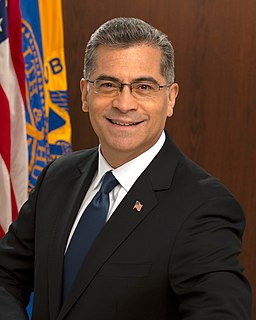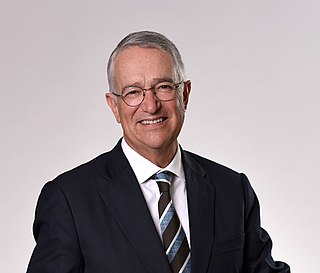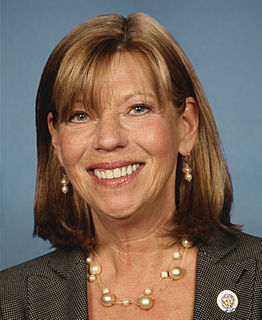A Quote by Xavier Becerra
We are on pace this year to have a trade deficit that is larger than $800 billion. We have never faced that before, but we continue to put forward trade agreements like these that leave us naked to competition that is neither free nor fair.
Related Quotes
I supported the Korean Trade Agreement in 2011. They promised - when it was signed, President [Barak] Obama said it would increase our exports to Korea by $10 billion a year.That creates jobs in America.Since - last year, 2015, there was no increase, like instead of billions of dollars there was like a $100 million increase in our exports to Korea, whereas as their imports to us went up $12 billion, and our trade deficit increased 240 percent.
That means we get other countries to play by our rules. You add up all the countries that we have trade agreements with, we have a surplus with them. You add up the countries we do not have a trade agreement with, that`s where a massive trade deficit comes from. So our goal is to get free trade agreements, and that means we get other countries to play and live by our rules so we can level the playing field.
The Transatlantic and Transpacific Trade and Investment Partnerships have nothing to do with free trade. 'Free trade' is used as a disguise to hide the power these agreements give to corporations to use lawsuits to overturn sovereign laws of nations that regulate pollution, food safety, GMOs, and minimum wages.





























